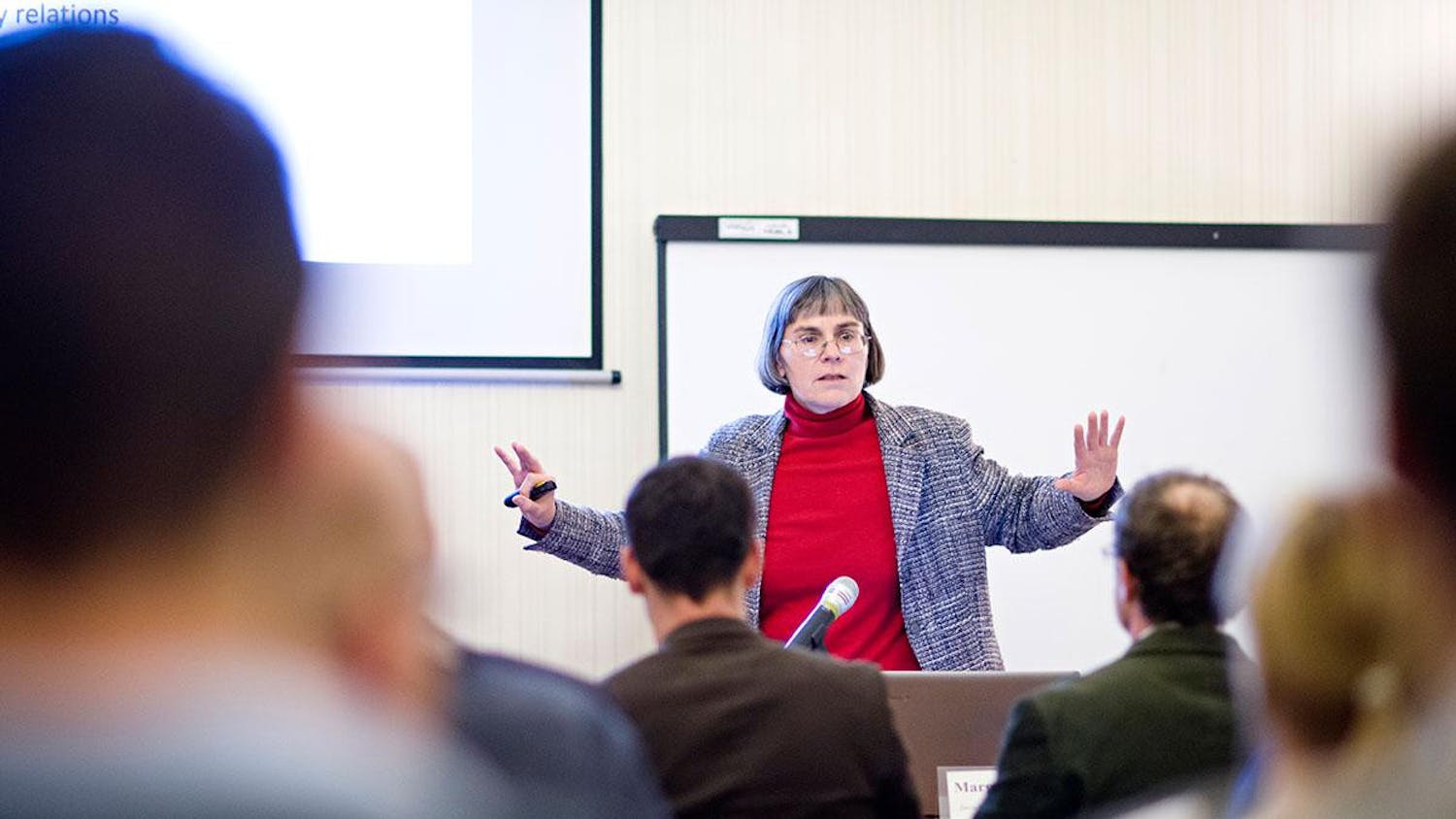William Stoever has done a lot of traveling in his life.
A Professor Emeritus in the Stillman School of Business, Stoever has traveled across Africa and Asia, learning and teaching. Last weekend, however, he traveled to Columbia University in New York to attend a reunion of other teachers like himself who had taught in East Africa as part of the Teachers for East Africa program.
The conference allowed Stoever the chance to plan for the furthering of education in East African countries, as well as reminisce with other teachers in the program.
"I learned a bit of Swahili while I was teaching," Stoever said. "But I've forgotten over the years. At the conference, it was fun to try to remember as much as we could. Being together brought it all back to mind."
Stoever accepted the job with Teachers for East Africa in 1962 after he graduated with a Bachelor's degree from Amherst College in Massachusetts. The organization, which was run by the United States Agency for International Development through 1961-1971, required Stoever to undergo nine months of training at Makerere University in Kamtala, Uganda. After his training, he was appointed to teach in the small country town of Tabora in the country of Tantanyika – present-day Tanzania – and later to the town of Dar es Salaam. He taught physics and mathematics at local secondary schools.
Stoever said that a large part of the conference was dedicated to socializing and sharing fond memories.
"One story I have is from when I was teaching at the Tabora Boys School in Tanzania. All the village boys went to secondary school there, but it was a village with no electricity at all," Stoever recalled. "So they had never seen ice before. I was able to bring some to class and we made a lesson of it. They had never in their lives touched anything so cold! They said to me, ‘It burns!'"
The conference also included planning by the alumni of the TEA program of how to keep East African schools running. Stoever said discussions ranged from fundraising to send computers to the schools, as well as pleasure reading books.
"The students in Tanzania are serious students," Stoever said. "They learn quickly because they want to learn. But we can't just supply them with computers – they need to know how to use and maintain them. And pleasure reading is unusual to Tanzanian secondary students. They study intensely to pass their exams that the idea of reading something that is not a textbook or directly related to their studies seems strange to them."
Though Stoever has not returned to Tanzania since he left in 1964, he said that the journeys he made have stayed with him. He said he is currently writing a book, tentatively called "Hitchhike the World." In it, he will detail his travels during and after he left East Africa.
"We finished our teaching in December 1964, and everyone immediately got on a plane and headed back home to the States," Stoever said. "But I wanted to travel."
So travel Stoever did: he said he hitchhiked often, once going from Uganda all the way down the eastern coast of Africa to South Africa – a journey of over 3,000 miles that took him six weeks.
According to Stoever, his longest travels consisted of the time he spent abroad after his work in East Africa had come to an end: not content to simply return home to the Unites States, Stoever instead hitchhiked from Tanzania to the capital of Ethiopia, and then in turn through Sudan, up the Nile to Cairo, over into Jordan and then Israel, with a stop in Jerusalem. From there Stoever said he "hitched" through many of the Arab countries, including Iraq, Iran and Afghanistan. He then traveled to India, where he spent two months riding fourth class trains around the country. He then proceeded to take a boat from India to Singapore, and from there went to Thailand, and eventually to Saigon in South Vietnam. He stayed in the capital city for two weeks while the United States waged war in Vietnam, talking with soldiers and witnessing the war firsthand. He finally took a plane to Japan, and from there headed home at last.
Stoever summarized his world travels as lengthy, but beneficial.
"Going with TEA to Tanzania and then my travels took four years. In one sense, it put me behind my peers," he said. "Some were finished their education by 23 or 24, and I wasn't finished until I was 30. But for me, it was the right thing to do."
Though the TEA no longer exists, Stoever encouraged students who might be interested in an experience like his to consider the Peace Corps or other teaching abroad programs.
"It's a wonderful opportunity," he said. "I have had so many experiences that I wouldn't trade for the world."
Erin Bell can be reached at erin.bell@student.shu.edu.





